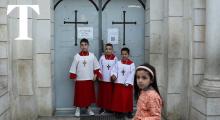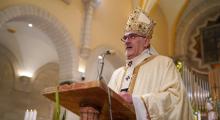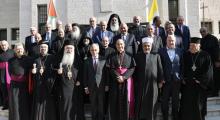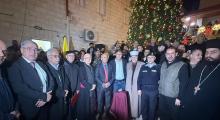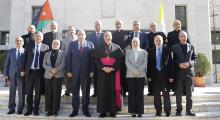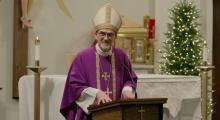Issued by the Catholic Center for Studies and Media - Jordan. Editor-in-chief Fr. Rif'at Bader - موقع أبونا abouna.org
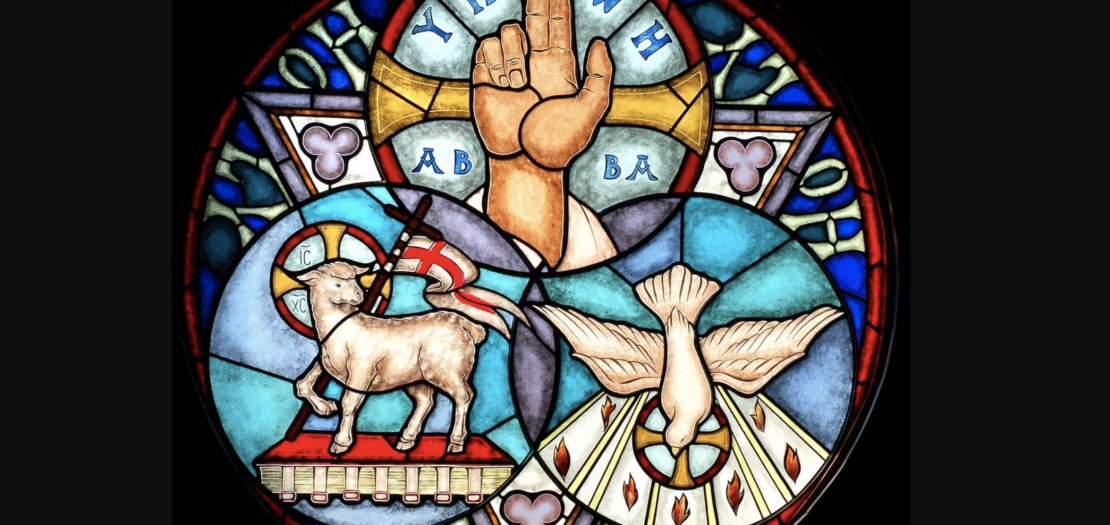
Following is the text of the meditation by Latin Patriarch of Jerusalem His Beatitude Pierbattista Pizzaballa for the Most Holy Trinity, Year A, June 4, 2023:
In some passages of the Gospel of John, we find words of Jesus that are like summaries, keys to reading, and understanding all the actions of God.
The passage we hear on this Feast of the Most Trinity (Jn 3:16-18), which is part of the dialogue between Jesus and Nicodemus, is just one of these fundamental passages.
As I said, it is not the only one, there are others.
Let us think about Chapter 6: 39-40, where Jesus says that “…this is the will of him who sent me, that I should lose nothing of all that he has given me, but raise it up on the last day. For this is the will of my Father, that everyone who looks on the Son and believes in him should have eternal life, and I will raise him up on the last day.” Or about Chapter 12:47, when Jesus repeats the same words that we hear today, as to repeat the essential: He did not come to condemn, but to salve.
Here, in these passages, Jesus gives a “theological” lesson about life, salvation, the work of God the Father. And it is chiefly a different lesson from what “religious” men would expect.
Why?
Because the common thought of “religious” man is that according to which man errs and God punishes. Or, on the contrary, man behaves correctly and God rewards.
Instead, God not only does not condemn but neither does He judge. By coming into the world and making Himself man, God submits Himself, in some way, to man’s judgment, his rejection, his condemnation.
But even in the face of all this, the evil of man, God does not judge, because it is man himself who, in doing so, excludes himself, judges himself, reveals his own sin. The coming of Jesus in the flesh makes man’s sin evident, his disobedience.
Faced with this evidence, God can finally do what He wants, what He came for, namely, to save: to reach the place where man has lost himself and there to reveal His love.
And, therefore, everything that happens to us can be interpreted and seen as a movement of God who, within that event, wants to show us His love, to heal us, open our eyes, place us back on the way, to give us brothers; who wants, in a word, to save us. It is up to us to learn the art of looking at life like this, with this gaze, with this faith.
The Gospel reminds us that we have been saved. We do not have to save ourselves; we must not try on our own to free ourselves from evil or death. This already happened, once and for all, and everything has already been given to us.
The responsibility of man is to remain with the gift received, to guard it, and to thank Him from whom all gifts come.
It seems that this dynamic, of gift and gratitude, can tell us something about the life of the Trinity, and of that true life to which we are also called.
+Pierbattista


